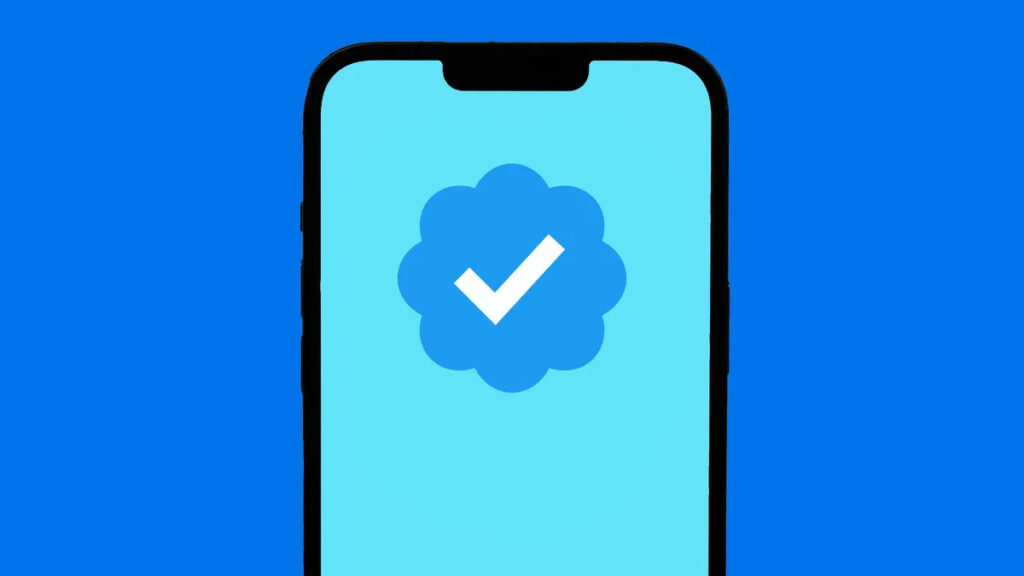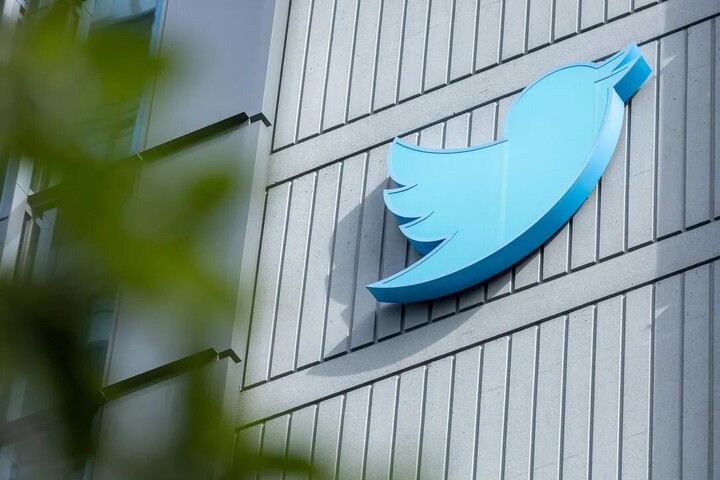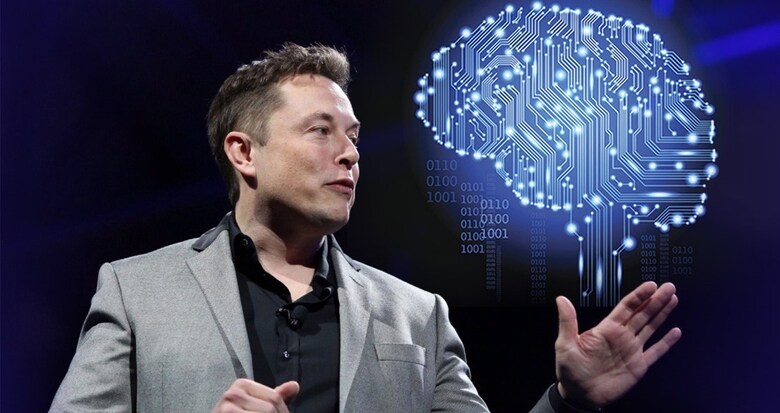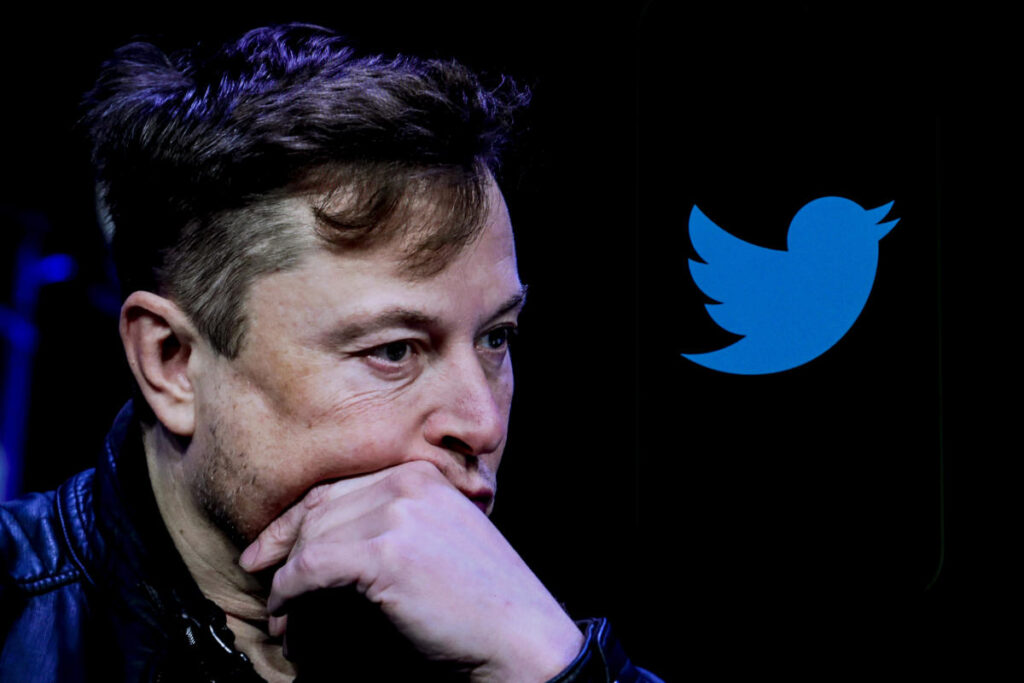Twitter Blue Set to Relaunch with Higher Price for iOS Users
According to Esther Crawford, director of product management at Twitter, the Twitter Blue membership will resume on Monday, starting in five nations.
Twitter said that its monthly membership service, Twitter Blue, would resume on Monday for $8. However, customers who choose to subscribe through the Twitter app on their iPhone rather than the Twitter webpage will incur an additional $3 charge.

According to the firm, users can subscribe to the updated service for $8 per month via the web but $11 per month via Apple iOS. Twitter Blue will allow users to edit tweets, upload 1080p videos, and receive a blue tick upon account verification.
Twitter noted, “We’re relaunching @TwitterBlue on Monday – subscribe on the web for $8/month or on iOS for $11/month to get access to subscriber-only features, including the blue checkmark.”
After Elon Musk’s takeover in November, the most recent version of Twitter Blue—which permitted users to purchase a blue-check verification—was first introduced. Immediately after a surge of impersonations on Twitter, it was suspended. Late in November, Musk once more put the launch on hold as he tried to avoid the 30% fee that Apple’s App Store levies on the majority of its sales.
Read More: Elon Musk claims Apple has threatened to remove the Twitter app
Musk has previously said that the cost was actually ten times higher than it ought to be and accused Apple of engaging in monopolistic behavior. Musk also asserted that Apple “threatened” to remove the Twitter app from the app store, but after speaking with Apple CEO Tim Cook on 30th November, he referred to it as a “misunderstanding.”
Despite media claims that the corporation was exploring measures to offset costs levied in the App Store, Twitter did not clarify why Apple customers were charged higher than other users on the web.
Twitter has previously made the blue checkmark accessible to anyone who pays $8 monthly to democratize the status of the blue checkmark, which was once used to authenticate reliable and notable accounts. As a result, numerous individuals purchased blue ticks to impersonate well-known individuals.
Crawford stated in a tweet that impersonation, which she claims is against Twitter Rules, has been combated by Twitter by adding a review process before giving a blue tick to an account.
Twitter may further color-code timelines with the relaunch of its subscription service by adding gold checkmarks for corporations and, shortly, grey checkmarks for governments and “multilateral accounts”.
Crawford tweeted, “Businesses who previously had relationships with Twitter will receive gold checks on Monday. We will soon open this up to more businesses via a new process.”
Twitter has advised users that changing their handle, display name, or profile picture will temporarily remove the blue checkmark from their account till their account is verified again.
As per Twitter, Twitter Blue is “currently available on iOS only in the US, Canada, Australia, New Zealand, and the UK, with plans to expand”. Musk has made it plain that he intends Twitter to rely less on advertising, which generated $5.1 billion in revenue for the company last year and constituted 90% of its total revenue.
This need has grown more pressing when the CEO of Tesla claimed a “massive drop in revenue” as a result of advertisers leaving the platform over worries about content moderation, which were made worse by the emergence of “verified” impostor accounts.

I am a law graduate from NLU Lucknow. I have a flair for creative writing and hence in my free time work as a freelance content writer.





